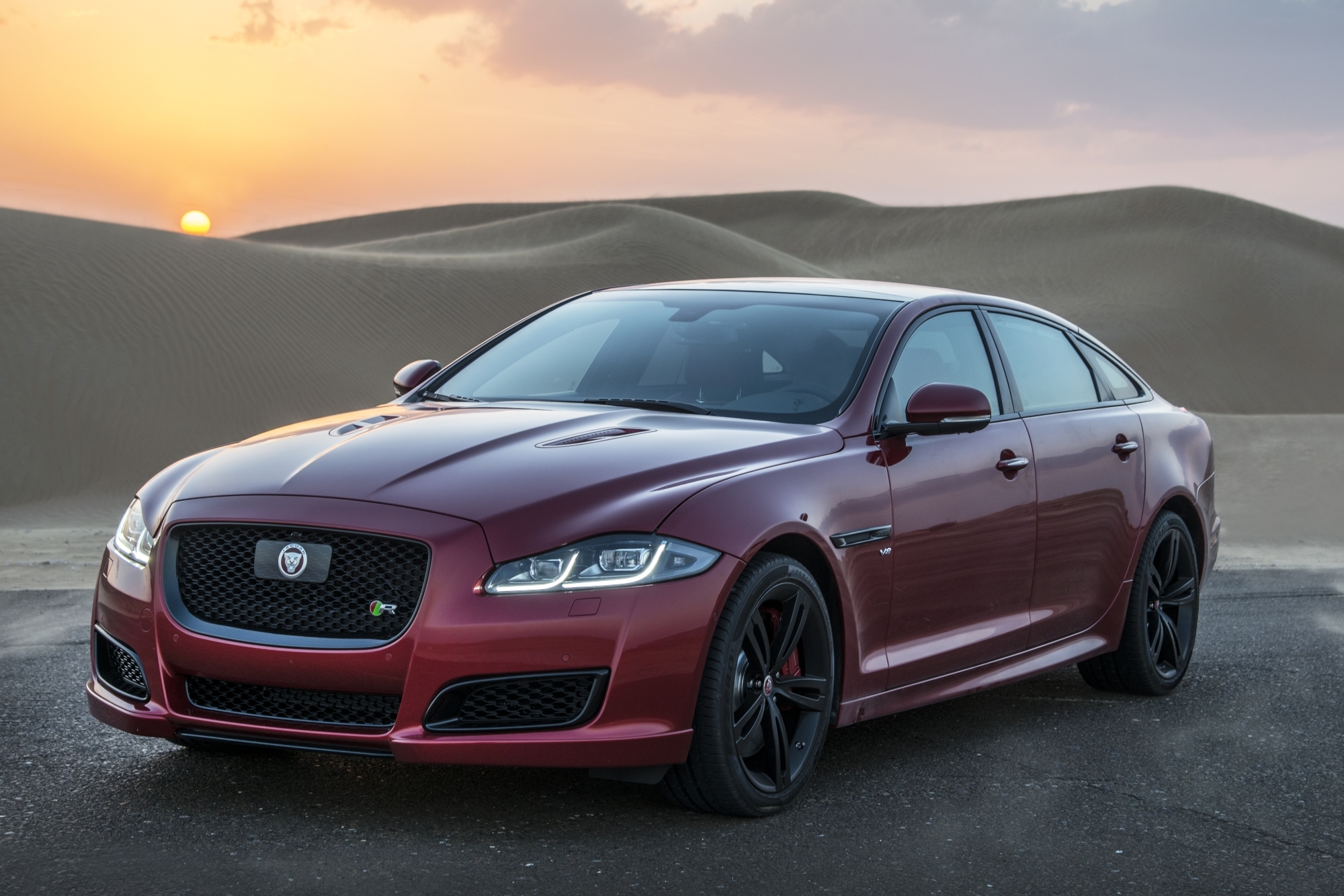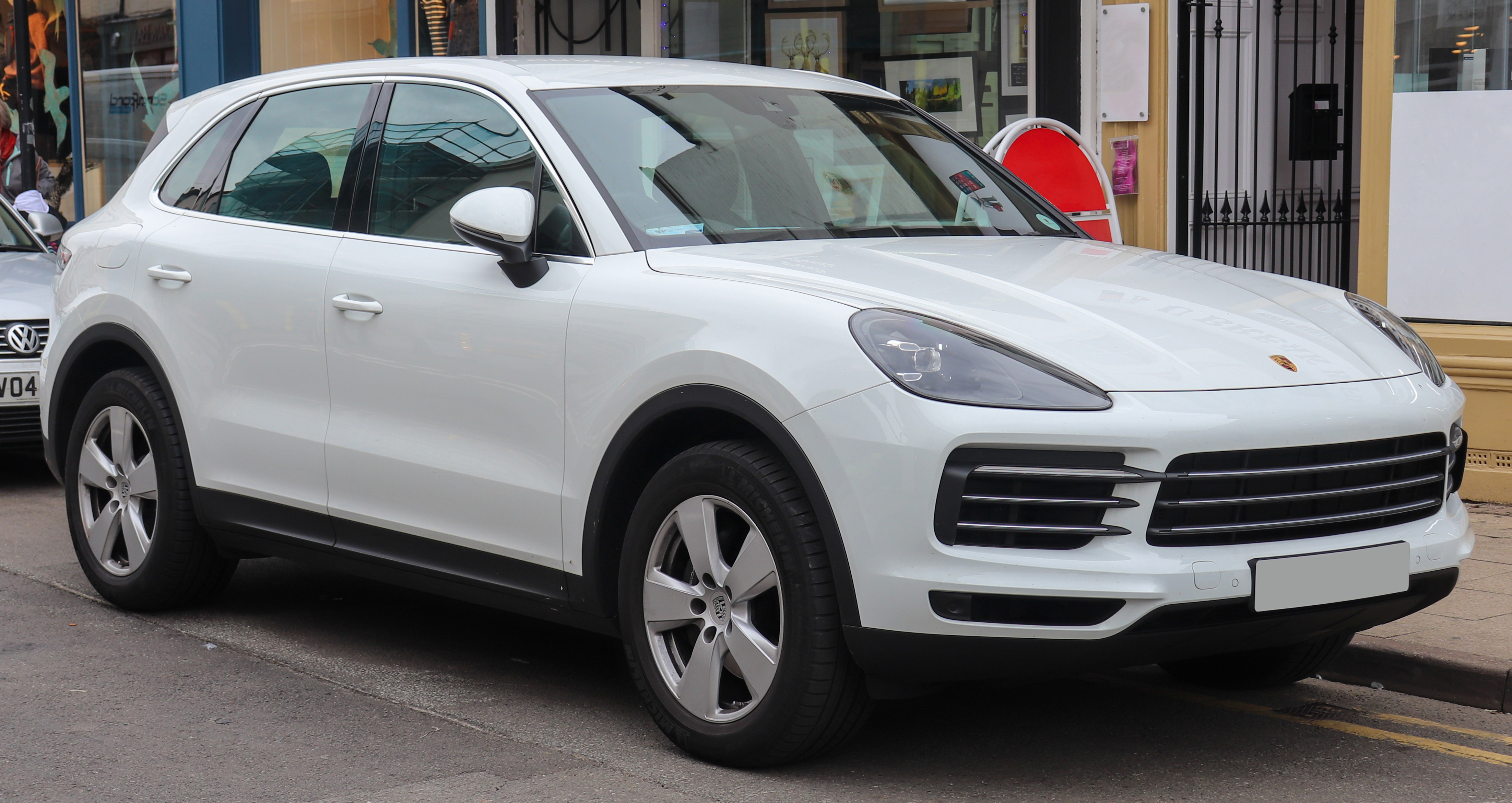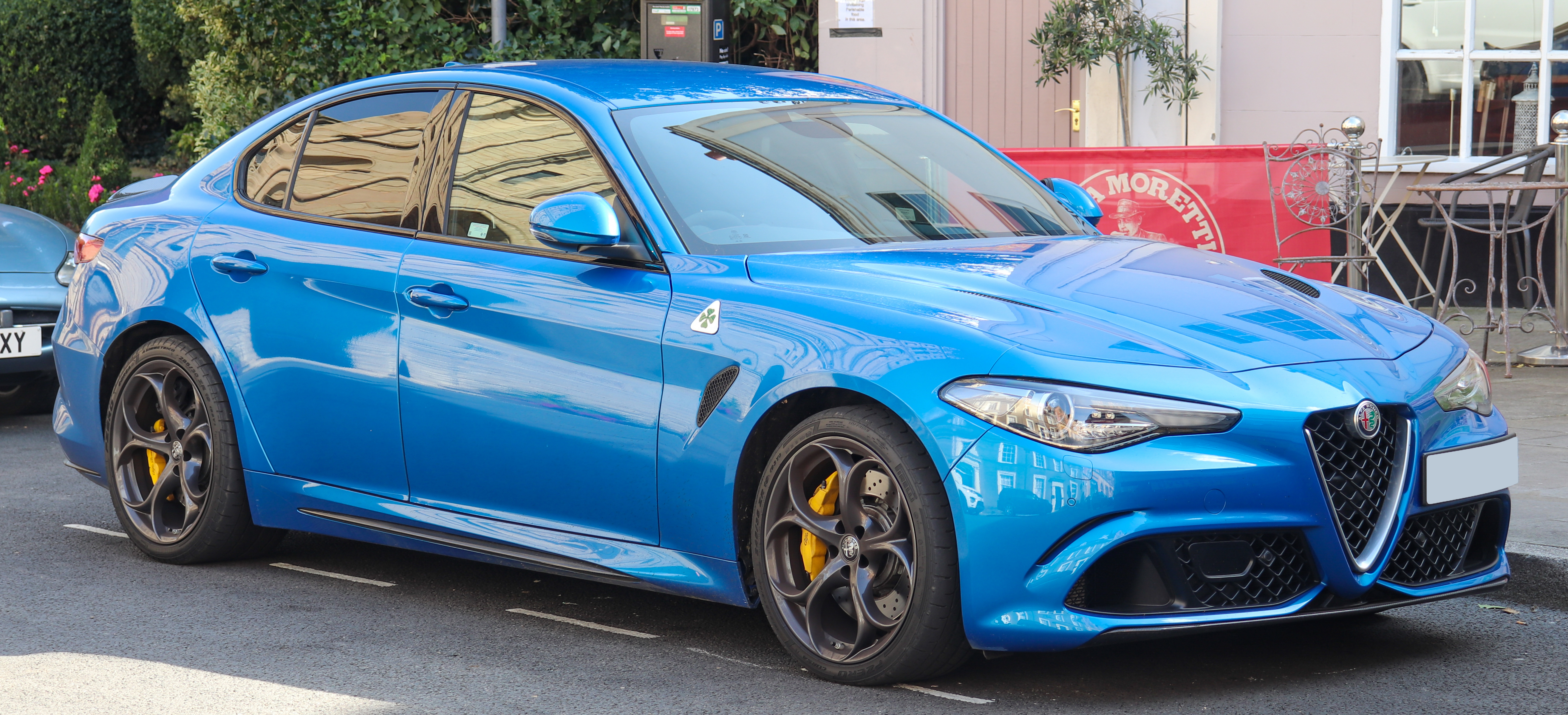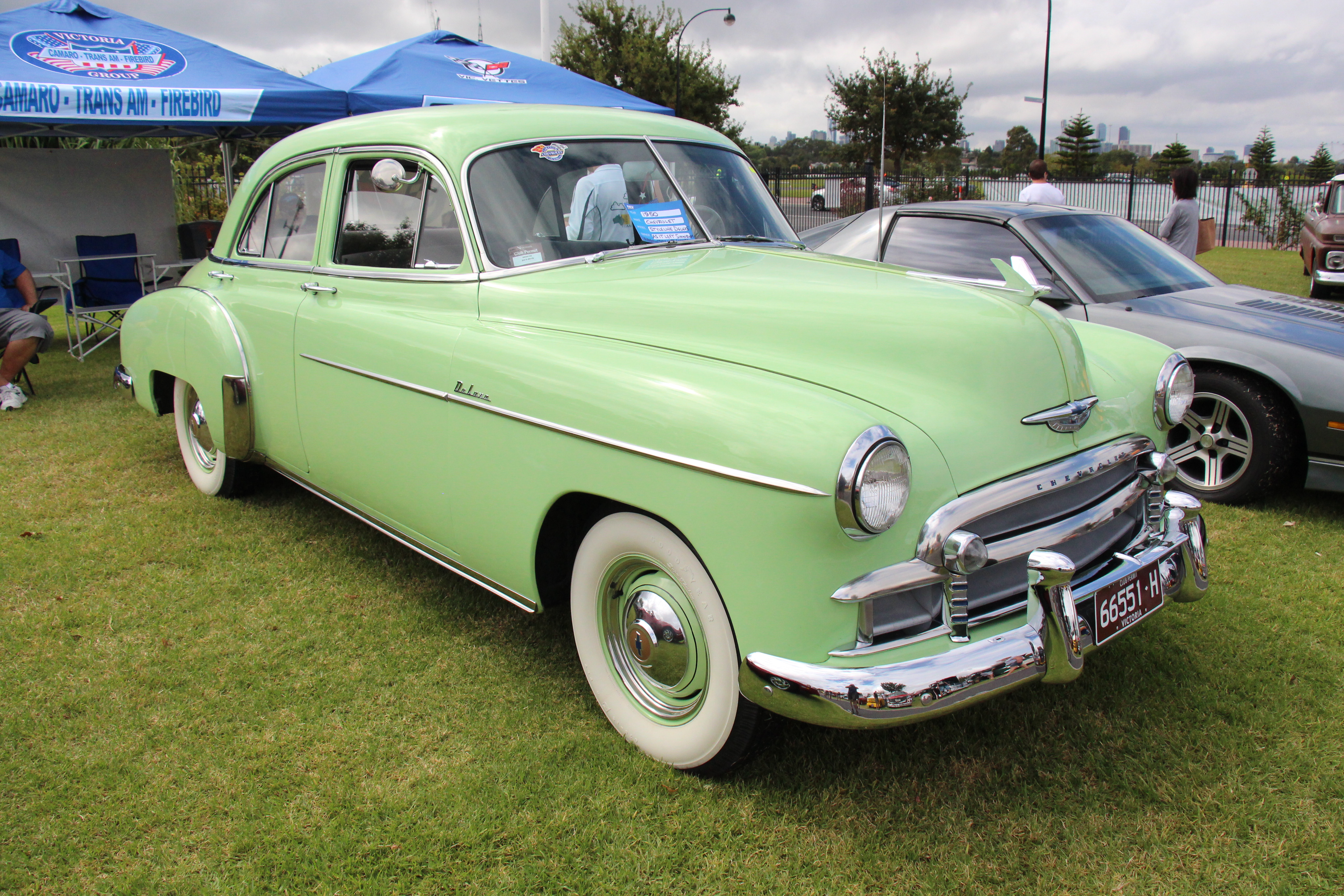
Luxury vehicles epitomize the best in automotive design, boasting unmatched comfort and cutting-edge technology that captures attention on the road. However, while these cars may be eye-catching, they often face a significant drop in resale value when it’s time to sell, with a complex mix of reasons at play, from rapid technological advancements to changing market demands.

1. **Technological Obsolescence**: High-end cars come packed with the latest features, drawing in tech enthusiasts, but this also means they quickly become outdated as newer models with superior technologies emerge. As Jamie Mitri from Cumberland Auto Sales and Services aptly pointed out, ‘flashier, more innovative models result in current models swiftly becoming outdated,’ leaving owners with depreciating assets.

2. **Exclusivity and Market Demand**: While luxury cars are produced in limited quantities and come with high price tags, this exclusivity can backfire when it comes to resale, as it limits the pool of potential buyers. Although it may seem appealing, this smaller market often leads to reduced demand and subsequently lower resale values.
3. **Brand Reputation and Reliability Issues**: Many luxury brands are known for their high repair and maintenance costs, which can deter potential second-hand buyers. Vehicles like the Range Rover and BMW have garnered a reputation for requiring expensive upkeep, with Tomer Ruderman pointing out that ‘the high maintenance and low reliability rankings make [Range Rovers] less appealing to second-hand buyers.’

4. **Depreciation Trends Over Time**: According to the data, luxury cars tend to depreciate at a faster rate than their non-luxury counterparts. The higher the initial purchase price, the more significant the value drop over time. This is particularly true within the first few years of ownership, where luxury vehicles can lose up to 50% of their value.

5. **Maintenance Costs**: The cost of maintaining a luxury vehicle can be extraordinarily high. From routine service to unexpected repairs, these costs add up and can significantly impact resale value. Potential buyers are wary of inheriting these expenses, which decreases demand.

4. **Model Updates and New Releases**: Frequent updates and new releases from luxury brands mean that older models can quickly lose their shine. As the industry pushes for innovation, last year’s premium model can swiftly become this year’s bargain, driving down resale values even further.
5. **Socioeconomic Trends and Buyer Preferences**: With a growing preference for sustainable and technologically advanced vehicles, traditional luxury cars are facing stiff competition. Electric vehicles (EVs) are gaining traction, prompting luxury brands to adapt, which has a ripple effect on the resale market, leaving older gas-powered luxury cars struggling to attract buyers.
8. **Inflation and Economic Influences**: Economic factors such as inflation affect the depreciation of luxury vehicles. As the cost of living rises, consumers prioritize affordability and practicality over luxury, impacting the demand and resale value of high-end cars. The market for pre-owned luxury vehicles is also influenced by the financial stability of potential buyers, which can fluctuate with economic conditions.

9. **Cadillac Escalade**: The epitome of American luxury SUVs, the Cadillac Escalade is a symbol of status and opulence. However, its resale value is not as solid as its reputation. Known for its commanding presence and high-end features, the Escalade unfortunately suffers from rapid depreciation. The initial allure of its grand size and luxury fittings quickly fades when it comes time to sell, with owners facing a significant drop in value. The market demand for such a large SUV is limited, and as newer models with more advanced technology emerge, older Escalades become less appealing.

6. **Jaguar XJ**: The Jaguar XJ, a symbol of British elegance, is known for its luxurious design and impressive performance but struggles to hold its value over time. Potential buyers often hesitate due to the high maintenance costs associated with ownership, compounded by Jaguar’s limited presence in the luxury market compared to its peers, making resale a daunting prospect.

11. **Volvo S90**: Renowned for its safety and Scandinavian design, the Volvo S90 is a luxurious sedan that offers a unique alternative to its German rivals. However, the S90 faces significant depreciation primarily due to its niche appeal. While it offers a plush interior and advanced safety features, the market for luxury sedans is dominated by brands like Mercedes and BMW, leaving Volvo to struggle in the resale arena. The S90’s depreciation is a hurdle for owners looking to recoup their investment.

12. **Lexus LS**: As the flagship sedan for Toyota’s luxury division, the Lexus LS is celebrated for its reliability and comfort. Yet, its resale value is surprisingly underwhelming. The LS tends to depreciate more rapidly than expected, partly because its conservative styling and lack of cutting-edge features fail to entice younger luxury car buyers. While it garners respect for its craftsmanship and dependability, these qualities do not translate to high demand in the used luxury car market.

7. **Infiniti Q50**: The Infiniti Q50 tries to blend luxury with sportiness, resulting in an exhilarating driving experience, yet it still has a tough time retaining its value. Despite its striking design and performance, it faces fierce competition from established German luxury brands, leading potential buyers to favor more prestigious options over the less recognizable Q50.

8. **Porsche Cayenne**: While the Porsche Cayenne SUV offers a mix of performance and practicality appealing to enthusiasts, it experiences a notable decline in value over time. The high maintenance costs associated with Porsches deter many second-hand buyers, and as the SUV market evolves with hybrid and electric models, older Cayenne versions find it challenging to compete, resulting in faster depreciation.

15. **Alfa Romeo Giulia**: Known for its Italian flair and engaging driving experience, the Alfa Romeo Giulia is a luxury sedan that unfortunately depreciates quickly. Alfa Romeo’s limited dealership network and concerns over reliability affect its resale value significantly. While the Giulia offers a unique alternative to mainstream luxury sedans, potential buyers are often hesitant to commit to a brand with a history of inconsistent reliability and high maintenance costs, leading to its steep depreciation.

9. **Lincoln Continental**: The Lincoln Continental, known for its rich heritage and American luxury, struggles to maintain its resale value. Despite offering a smooth and plush ride, it often gets eclipsed by more modern, high-tech competitors, as the brand works to redefine itself in the luxury space, leading to rapid depreciation as buyers lean towards brands with greater global recognition and innovation.
Related posts:
5 Luxury Cars With the Worst Resale Value
20 Cars With The Worst Resale Values
These 5 Cars Have the Worst Resale Value







